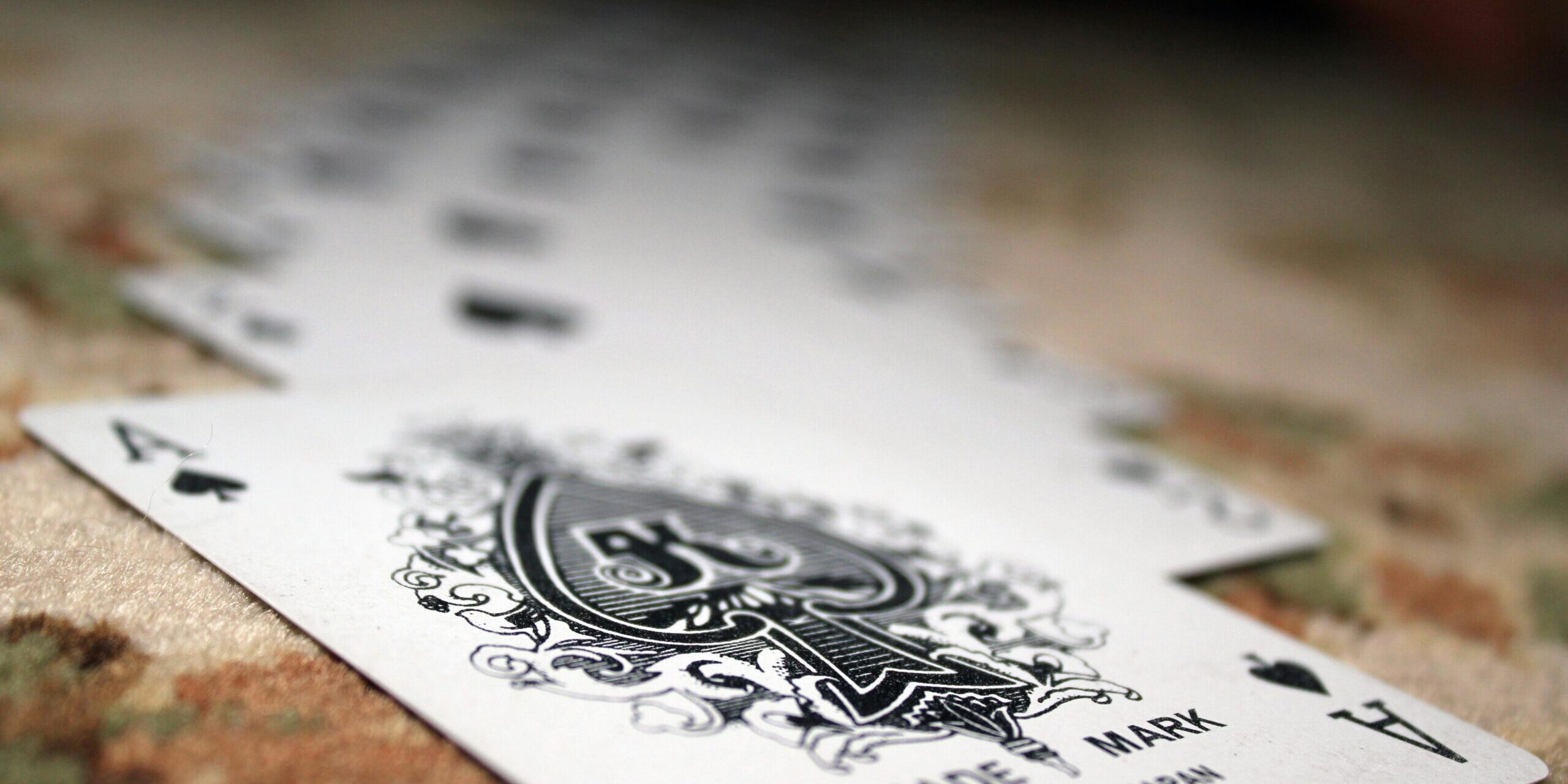In today’s global marketplace, a company’s brand is one of its most valuable assets. For international businesses expanding into African markets, protecting that brand through proper trademark registration and enforcement is not only a strategic necessity but a legal safeguard against infringement, imitation, and unfair competition.
Africa’s growing economies, youthful demographics, and accelerating digital transformation make it a prime destination for foreign investment. However, the continent’s legal landscape for intellectual property (IP) — including trademarks — varies significantly by country, presenting both opportunities and challenges.
This article outlines the key steps to securing and enforcing trademark rights in Africa and highlights how firms like CLG Plus provide legal guidance to ensure international brands are protected throughout their market entry and expansion.
Why Trademark Protection Matters in Africa
With increasing competition, counterfeit risks, and the rise of e-commerce across the continent, having trademark protection is vital. Businesses entering Africa must not assume that their brand name or logo is protected simply because it is registered in the EU, UK, or the US.
Without local registration, enforcement becomes difficult, and your brand may even be preemptively registered by third parties — a phenomenon known as “trademark squatting.”
Proper registration and timely enforcement can help:
- Prevent counterfeit or copycat products from entering the market
- Maintain brand consistency and consumer trust
- Enable enforcement actions in cases of infringement
- Increase valuation during mergers or franchising deals
Understanding Africa’s Trademark Frameworks
Africa does not have a single, unified trademark system. Instead, there are three primary routes businesses can pursue:
- National Registrations
Each country has its own IP office (e.g., Nigeria, Kenya, Ghana, South Africa). Businesses must file separately in each country where protection is needed. - African Regional Intellectual Property Organization (ARIPO)
Covers 22 English-speaking African countries. A single application through ARIPO can offer protection in multiple member states — though not all automatically enforce ARIPO decisions domestically. - Organisation Africaine de la Propriété Intellectuelle (OAPI)
Covers 17 French-speaking West and Central African countries. A single registration provides uniform protection across all member states. - International Registration via the Madrid Protocol
Some African countries are members of the Madrid Protocol, allowing for international trademark registration through WIPO. However, enforcement still requires local knowledge and follow-up.
Key Steps in Trademark Registration in Africa
- Pre-Filing Trademark Search
Before applying, it is essential to conduct a trademark search in the relevant jurisdiction(s) to check for conflicts or existing registrations. This helps avoid rejections and potential litigation. - Prepare and Submit Application
Include the mark (word/logo), description of goods/services (based on Nice Classification), and applicant details. In most countries, a local agent or attorney is required. - Examination and Publication
The IP office will review the application and may publish it for opposition. This allows third parties to object if they believe the trademark infringes on their rights. - Registration and Issuance of Certificate
If no opposition arises, or if it’s resolved in your favor, the trademark will be registered. Duration varies, but most are valid for 7–10 years and are renewable.
Trademark Enforcement in Africa: What You Should Know
Enforcement mechanisms differ by jurisdiction, but common strategies include:
- Cease and Desist Letters: Often the first step in stopping an infringer without litigation.
- Administrative Actions: Filing complaints with customs or IP offices to stop imports of counterfeit goods.
- Civil Litigation: Pursuing damages, injunctions, or orders for destruction of counterfeit products.
- Criminal Enforcement: In countries with strong IP laws (e.g., South Africa, Kenya), criminal charges may be pursued against infringers.
Enforcement success depends on having a locally valid registration, knowledge of local procedures, and a legal team capable of navigating bureaucratic and judicial systems.
How CLG Plus Supports Trademark Protection in Africa
At CLG Plus, we help international businesses protect their brand identity across Africa by offering:
- Country-specific trademark search and registration
- Guidance on ARIPO, OAPI, and Madrid Protocol strategies
- Drafting and filing of opposition or enforcement actions
- Coordination with local agents and regulatory bodies
- IP portfolio management during market expansion
Whether you’re a startup launching in Nigeria, a European manufacturer entering Ghana, or a global tech firm franchising in Kenya, CLG Plus ensures your brand remains protected from day one.
Discover Legal Empowerment with CLG Plus
Embarking on business ventures in Africa or Germany? Let CLG Plus guide you through the legal intricacies. Our on-demand legal services cater to entrepreneurs, start-ups, and SMEs, ensuring your venture is fortified with expert legal advice. From immigration to tax, technology, and intellectual property, we cover all bases to support your multicultural business endeavours. Experience bespoke legal solutions that transcend borders – contact CLG Plus today for a consultation that will set your business on the path to success.







